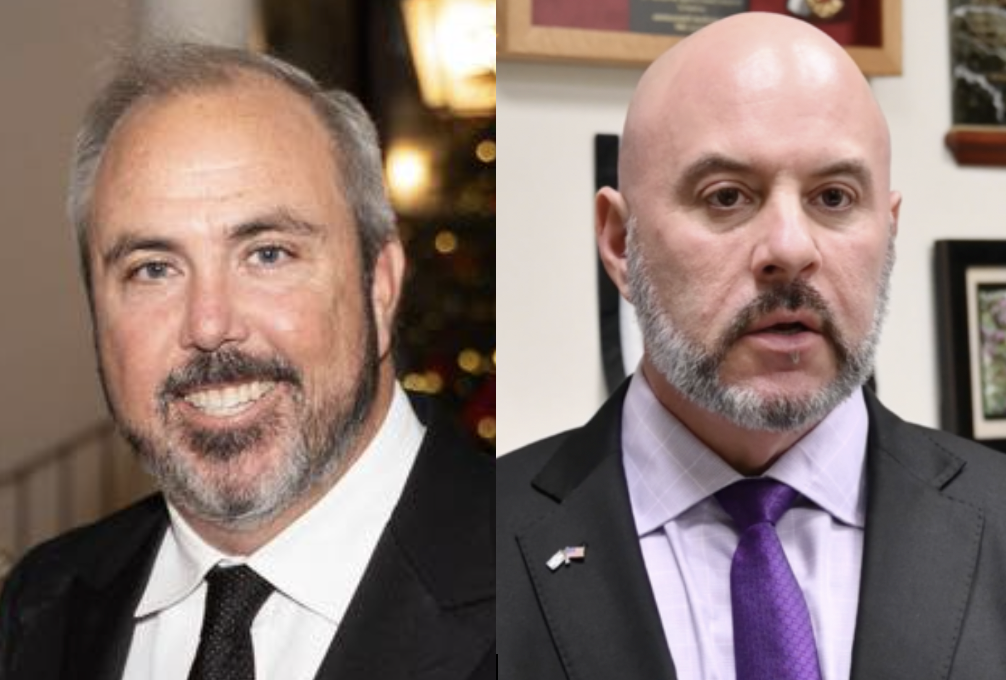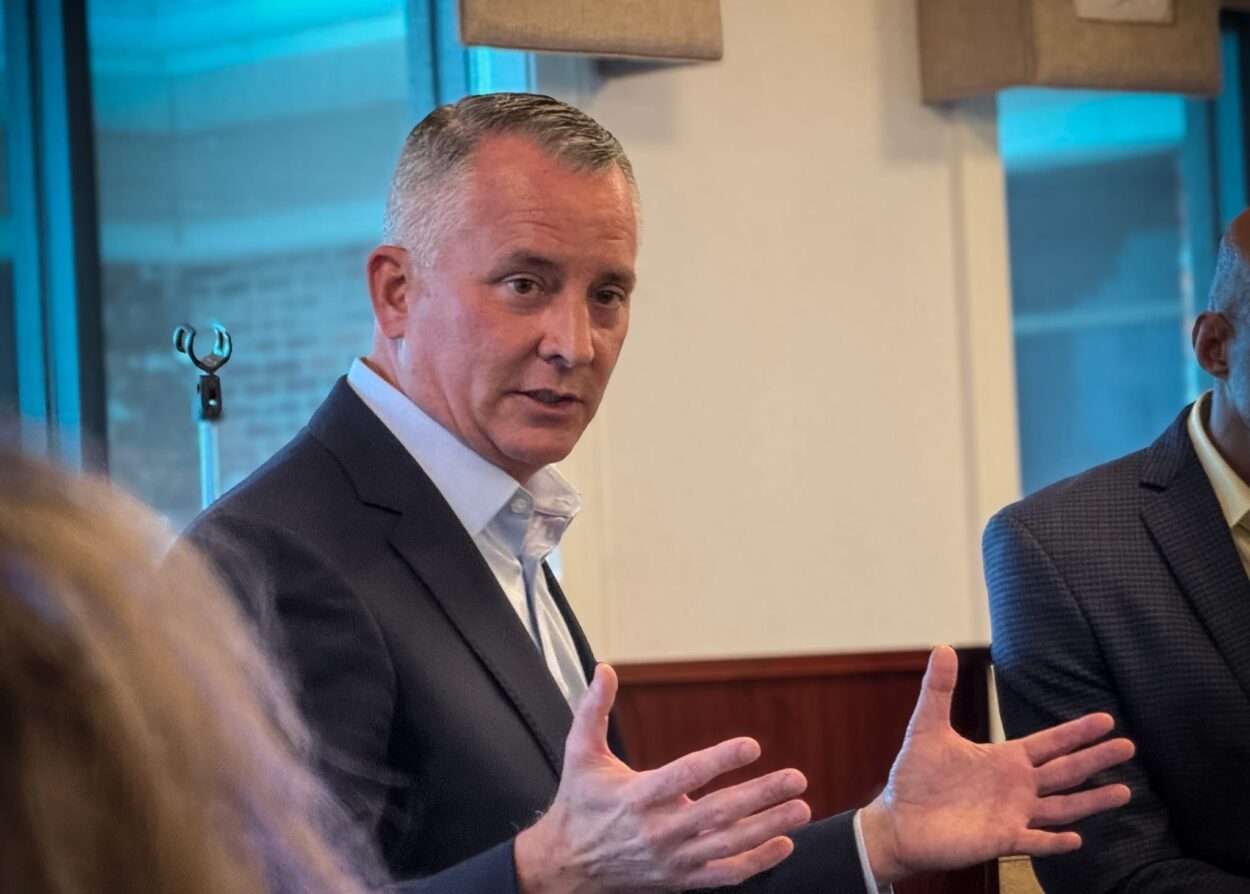A bipartisan effort is mounting support to address concerns with first responders. Florida Senator Marco Rubio (R) and New Jersey Senator Bob Menendez (D) have introduced the Firefighter Cancer Registry Reauthorization Act. Rubio and Melendez' bill would reauthorize the national cancer registry that was voted and created in 2018.
Being a firefighter means that you are exposed to harmful toxins. As such, research indicates that if you are a firefighter, you have a higher chance of developing several major cancers, which includes multiple myeloma, stomach, testicular, and brain cancer.
To assist in addressing this concern, Senator Rubio introduced the 2018 Firefighters Cancer Registry Act, which passed. With their new bill, the legislation reauthorizes the registry for another 5 years.
In a statement, Rubio shared that “firefighters always answer the call and put their lives on the line to protect us from dangerous situations.” “The nature of their work makes them susceptible to multiple health complications, including cancer,” he added.
Menendez echoed in his remarks, calling the bill an effort “to promote the health and well-being of our first responders all across the nation.”
“Firefighters not only encounter smoke and flames when they run into burning buildings, but also dangerous fumes, toxins, and known carcinogens released during a fire that pose additional health risks,” he continued, saying that, because of this, “the ultimate goal is to prevent cancer in firefighters by developing better ways of protecting, and reauthorizing this law.”
Ultimately, by further reauthorizing the law, it will provide more comprehension to address cancer diagnosis in firefighters.
The registry does the following:
- Stores and consolidates epidemiological information submitted by health care professionals related to cancer incidence among firefighters;
- Makes de-identified data available to public health researchers to provide them with robust and comprehensive datasets to expand groundbreaking research;
- Improves our understanding of cancer incidence and could potentially lead to the development of more sophisticated safety protocols and safeguards as more data is collected; and
- To ensure the effectiveness of the registry, its administrators are required to consult regularly with epidemiologists, public health experts, clinicians, and firefighters.







